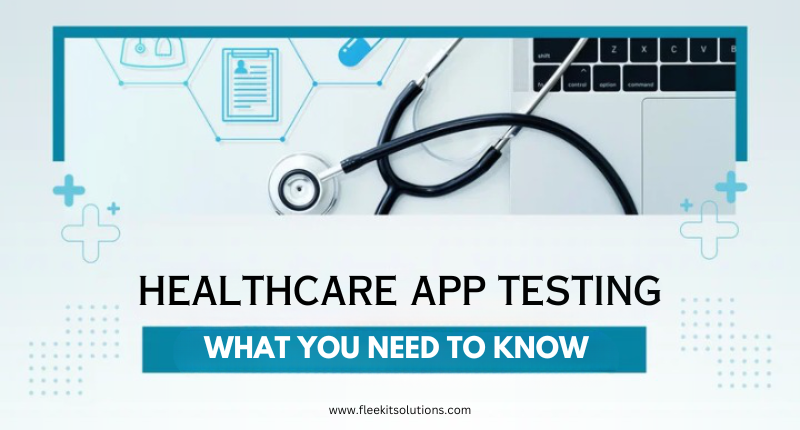Healthcare apps have emerged as powerful tools that bridge the gap between patients and medical professionals. These applications offer a wide range of functionalities, from symptom tracking and medication reminders to telemedicine consultations and electronic health record access. However, as these apps become integral to patient care and medical practice, ensuring their efficiency and accuracy becomes paramount. This is where rigorous testing comes into play, safeguarding both the well-being of users and the credibility of medical technology.
The Significance of Healthcare App Testing
Healthcare apps have the potential to revolutionize the way healthcare is delivered, making it more accessible, personalized, and efficient. But with great potential comes great responsibility. When lives are at stake, any flaw or inaccuracy in an app’s functionality could have serious consequences. Therefore, testing healthcare apps is not merely a formality; it is a critical step in guaranteeing their reliability and effectiveness.
Ensuring Efficiency Through Thorough Testing
Efficiency is a cornerstone of any successful healthcare app. Users expect seamless interactions, quick response times, and intuitive navigation. Thorough testing helps identify and rectify performance bottlenecks, ensuring that the app functions smoothly even under heavy usage.
During testing, developers evaluate the app’s load-handling capacity, responsiveness, and overall performance. This includes assessing how well the app performs under various network conditions, such as low bandwidth or unstable connections. By simulating real-world scenarios, developers can optimize the app’s efficiency, allowing it to perform reliably regardless of the user’s environment.
Accuracy: A Non-Negotiable Attribute
Inaccuracies in healthcare apps can lead to misdiagnoses, incorrect treatment recommendations, or missed critical information. To ensure the accuracy of medical data and advice provided by the app, meticulous testing is essential.
Testing accuracy involves validating the app’s ability to process and interpret user input accurately. For instance, a symptom checker should provide reliable recommendations based on the user’s input, reflecting a comprehensive understanding of medical conditions and their corresponding symptoms. Similarly, medication reminders should be timed precisely, and dosage instructions should match the user’s prescription.
A Holistic Approach to Quality Assurance
Quality assurance in healthcare app development goes beyond functional testing. It encompasses usability testing, security testing, and compliance with medical regulations and standards. Usability testing involves assessing the app’s user interface, ensuring that it is intuitive and user-friendly. Security testing is crucial to protect sensitive patient data from breaches or unauthorized access. Compliance testing verifies that the app adheres to medical industry guidelines, safeguarding patient confidentiality and safety.
User Experience: The Ultimate Goal
In the realm of healthcare, user experience directly impacts patient engagement and outcomes. A user-friendly, efficient, and accurate app encourages consistent use and fosters a sense of trust between patients and their healthcare providers.
The Evolving Landscape of Healthcare App Testing
As the field of healthcare app development continues to advance, so does the landscape of testing methodologies. Traditional testing approaches are being complemented by innovative techniques to meet the demands of a rapidly changing digital healthcare ecosystem.
Automated Testing:
Automation is revolutionizing healthcare app testing by accelerating the process and improving accuracy. Automated test scripts can simulate user interactions, perform repetitive tasks, and detect potential issues across various devices and platforms. This not only enhances testing efficiency but also allows developers to catch bugs early in the development cycle, reducing costs and time-to-market.
Real-World Simulation:
Testing in a controlled environment is important, but real-world conditions can vary significantly. To ensure app efficiency and accuracy, developers are embracing real-world simulation testing. This involves replicating different scenarios, such as poor network connectivity or device variability, to assess how the app performs and adjusts under these conditions.
User-Centered Testing:
In the pursuit of optimizing user experience, healthcare app developers are involving end-users in the testing process. User-centered testing, often conducted through focus groups or beta testing programs, provides valuable insights into user preferences, pain points, and suggestions for improvement. This approach not only enhances app usability but also fosters a sense of user ownership and engagement.
Integration Testing:
Many healthcare apps integrate with electronic health records (EHR) systems, wearable devices, or other healthcare software. Integration testing ensures seamless data exchange and interoperability between various systems, preventing data discrepancies and improving the overall user experience.
The Future of Healthcare App Testing
Looking ahead, the field of healthcare app testing is poised for continued innovation and growth. As technologies such as artificial intelligence (AI) and machine learning (ML) make their mark in healthcare, testing methodologies will evolve to accommodate these advancements. AI-driven testing can analyze app performance under diverse conditions, predict potential issues, and generate test cases, streamlining the testing process and enhancing accuracy.
Additionally, the rise of telemedicine and remote patient monitoring further underscores the importance of testing healthcare apps for efficiency and accuracy. With a growing emphasis on virtual care, ensuring that these apps can provide accurate diagnoses, treatment recommendations, and patient monitoring becomes even more critical.
Conclusion
Healthcare apps are revolutionizing patient care and medical practice by providing accessible, personalized, and convenient solutions. However, with their increasing prominence, ensuring the efficiency and accuracy of these apps through rigorous testing is paramount. Developers must employ a holistic approach to quality assurance, encompassing performance, accuracy, usability, security, and regulatory compliance.
As technology continues to evolve, so too will healthcare app testing methodologies. Embracing automation, real-world simulation, user-centered approaches, and integration testing will be crucial to meet the ever-changing demands of the digital healthcare landscape. By committing to robust testing practices, developers can not only create high-quality healthcare apps but also contribute to improving patient outcomes, safety, and overall well-being.
In the dynamic intersection of healthcare and technology, the journey towards healthcare app excellence is one where testing remains a steadfast guide, ensuring that innovation is always synonymous with reliability. Remember, in the realm of healthcare app development, testing isn’t just a phase—it’s a commitment to excellence and a promise to elevate patient care in the digital age.




